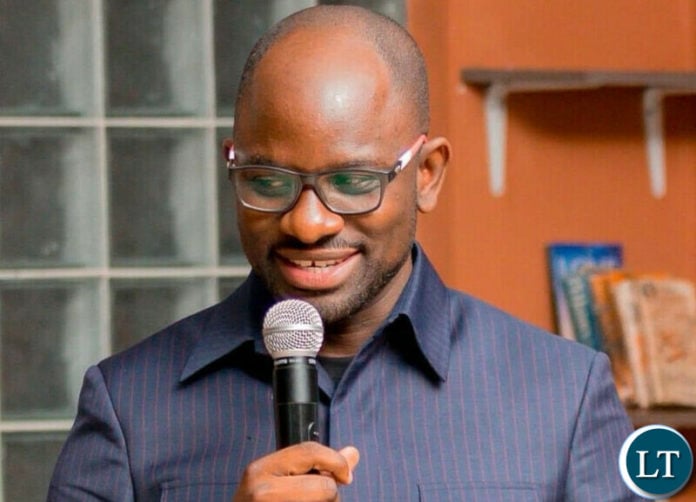Binwell Appears in Court Over Social Media Post
Independent Nkana Member of Parliament Binwell Mpundu yesterday appeared in the Lusaka Magistrates’ Court, charged with seditious practices over a Facebook post made in December 2024. The controversial post urged politicians to “buy guns” for self-defence following what he described as a wave of attacks on opposition leaders.
The matter, presided over briefly by Magistrate Davis Chibwili, was reallocated to Magistrate Webster Milumbe after Chibwili recused himself. Plea-taking could not proceed because the Director of Public Prosecutions had not yet granted consent, a legal prerequisite in cases of sedition. The case was adjourned to September 16.
Mpundu, a vocal critic of government, maintained a calm demeanour as he appeared in court. Outside the courtroom, his supporters said the charges were politically motivated and meant to silence opposition voices. The state, however, argues that Mpundu’s words crossed the line between free expression and incitement to violence, raising questions about security and responsible use of social media.
The charge under Zambia’s penal laws is serious, as sedition is considered an offence against public order. Legal analysts note that while freedom of expression is constitutionally guaranteed, it is not absolute. Calls for arming politicians could be interpreted as incitement, especially in a nation with a history of politically related violence.
Civil society groups are divided. Some argue that prosecuting such statements protects the country from inflammatory rhetoric that can destabilise peace. Others caution against using sedition laws to target critics, warning that excessive restrictions undermine democratic freedoms.
This case also reflects a growing trend across Africa, where politicians and activists face prosecution for online speech. Social media has become a vital space for political engagement, but also a theatre for misinformation, personal attacks, and incitement. Governments increasingly feel compelled to regulate that space, while rights defenders urge restraint.
Mpundu’s case will test how Zambia balances free speech with public safety. The adjournment leaves uncertainty for now, but its political resonance is already evident. For the ruling party, pursuing the case signals an attempt to draw a line against inflammatory rhetoric. For the opposition, it is evidence of shrinking democratic space.
As the September date approaches, the public will watch whether the DPP consents to prosecution and how the courts interpret Mpundu’s words. His trial could set a precedent for how social media activism is treated under Zambian law — and how far political leaders can go in their online expressions.



Here in Northwestern province, we are waiting for our money from FRA for maize supplied. What is the issue? We are not interested in these sedition games.
Imwe you half-baked reporters Why did the magistrate recuse himself? You should explain. That is very much part of your job! Unless you didn’t get proper training.
Mpundu they are just telling you to join UPND. You see, they never prosecute Upnd. In the new dawn, Prosecution, sorry persecution is reserved for the opposition
Comments are closed.